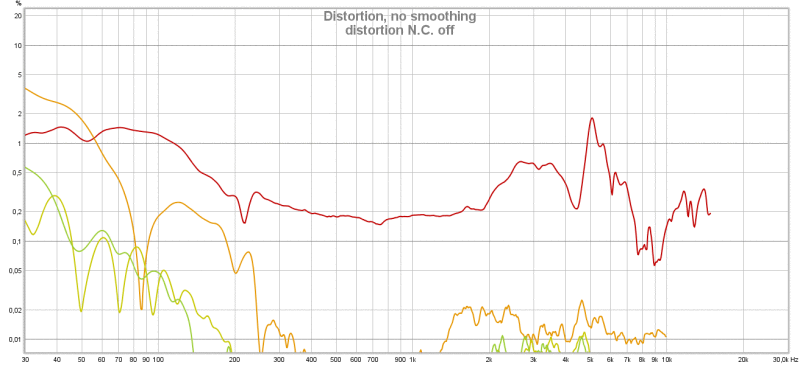I'm following Amir's decision to do headphone reviews closely. I'm not a big headphone user, partly for fear of hearing loss, but I have a pair of HD 650 (see listening note below) that I use occasionally.
I also have some Bose noise cancelling IEM for my phone, that I sometimes use on my PC or through a DAC. One thing I notice when I plug these into a DAC is that I turn the volume down quite a bit when noise cancelling is on, and I can still hear a ton of detail. Given the hearing loss danger of extended headphone listening, it seems that noise cancellation could be a really important feature.
Does noise cancellation interfere with fidelity? Obviously, it can't be implemented in open-ear designs, but are there other reasons it shouldn't be used in high end designs?
Listening note on HD650: With an iFi iDSD Pro DAC they sound veiled. With my RME DAC they sound much clearer. I'm assuming this is some sort of impedance/power effect, but it's quite pronounced. The Bose sound OK, but have an exaggerated bottom, probably by design.
I also have some Bose noise cancelling IEM for my phone, that I sometimes use on my PC or through a DAC. One thing I notice when I plug these into a DAC is that I turn the volume down quite a bit when noise cancelling is on, and I can still hear a ton of detail. Given the hearing loss danger of extended headphone listening, it seems that noise cancellation could be a really important feature.
Does noise cancellation interfere with fidelity? Obviously, it can't be implemented in open-ear designs, but are there other reasons it shouldn't be used in high end designs?
Listening note on HD650: With an iFi iDSD Pro DAC they sound veiled. With my RME DAC they sound much clearer. I'm assuming this is some sort of impedance/power effect, but it's quite pronounced. The Bose sound OK, but have an exaggerated bottom, probably by design.

